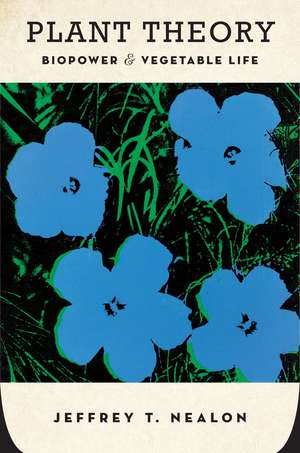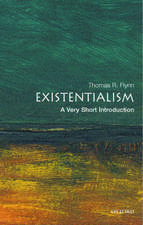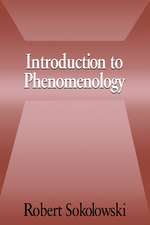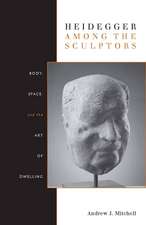Plant Theory: Biopower and Vegetable Life
Autor Jeffrey Nealonen Limba Engleză Hardback – 13 oct 2015
| Toate formatele și edițiile | Preț | Express |
|---|---|---|
| Paperback (1) | 145.18 lei 3-5 săpt. | +17.41 lei 4-10 zile |
| Stanford University Press – 13 oct 2015 | 145.18 lei 3-5 săpt. | +17.41 lei 4-10 zile |
| Hardback (1) | 556.92 lei 6-8 săpt. | |
| Stanford University Press – 13 oct 2015 | 556.92 lei 6-8 săpt. |
Preț: 556.92 lei
Preț vechi: 687.56 lei
-19% Nou
106.60€ • 115.83$ • 89.60£
Carte tipărită la comandă
Livrare economică 21 aprilie-05 mai
Specificații
ISBN-10: 0804795711
Pagini: 168
Dimensiuni: 152 x 229 x 18 mm
Greutate: 0.39 kg
Editura: Stanford University Press
Colecția Stanford University Press
Recenzii
Notă biografică
Descriere
Cuprins
The Preface discusses biopolitical discourse's strange elision of vegetable life (especially within Animal Studies), and suggests that if we really do want to take the discussion of life and power beyond the human, we might want to look at vegetable life as well. Likewise, the preface argues that Foucault, Derrida, and Deleuze & Guattari are privileged sites for thinking about vegetable life.
Chapter 1 looks at the "first birth of biopower" in Michel Foucault's 1966 The Order of Things. There Foucault suggests, contra Animal Studies, that it is not the animal who is the "other" of the biopolitical human, but the plant. In the turn to "life" as a kind of obsessive topic in the humanities in the early 19th century, the animal took over from the plant as the primary marker for what all life is, and how human life works (as infinite "animal" desire). This Chapter then goes on to examine critically Giorgio Agamben's work on Foucault.
Chapter 2 examines the philosophical background for the turn to "life" in contemporary theory, focusing its reading especially on Aristotle's De Anima and Heidegger's The Fundamental Concepts of Metaphysics: World, Finitude, Solitude. The chapter looks closely at what these foundational thinkers have to say about vegetable life, and how it relates to their thinking on human and animal life.
Chapter 3 takes up Derrida's work on animality, and focuses on his strange elision of plant life within his extensive interrogation of animal life. Several times Derrida brings up the status of vegetable life within the discourse of animality, but each and every time he simply passes over offering a sustained analysis of plant life. By backtracking from his work on animality to his 1974 Glas, this chapter tries to suture that gap in Derrida's work. This chapter concludes by arguing that Derrida's work on emergence (physis, Walten) is the key to thinking about vegetable life in his work, and offers a challenge to the charge of "correlationism" leveled against deconstruction.
Chapter 4 highlights Deleuze and Guattari's attempts, following Simondon, to think "life" outside the individual organism, thereby offering us a more robust and distributed notion of life (and death) as a kind of mesh or swarm of forms of life, rather than an individual organism striving to maintain its life at all costs. Going forward, I suggest this may be the only way to think about "life" in a world facing ecological disaster.
The Coda suggests the myriad ways that taking vegetable life seriously as a form of life would change current debates about the fate of the human. Plants are of course the basis of the food chain on land and in the sea, and if one is concerned about the neoliberal corporate patenting of life, this chapter suggests that one look closely at the plant kingdom, where it's already happened.















